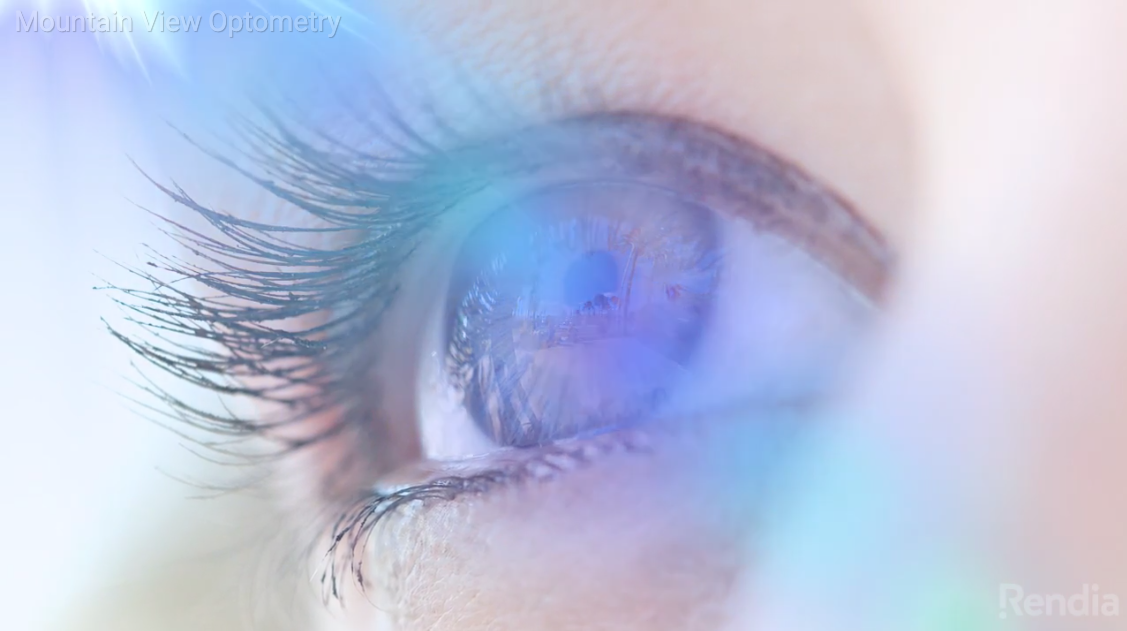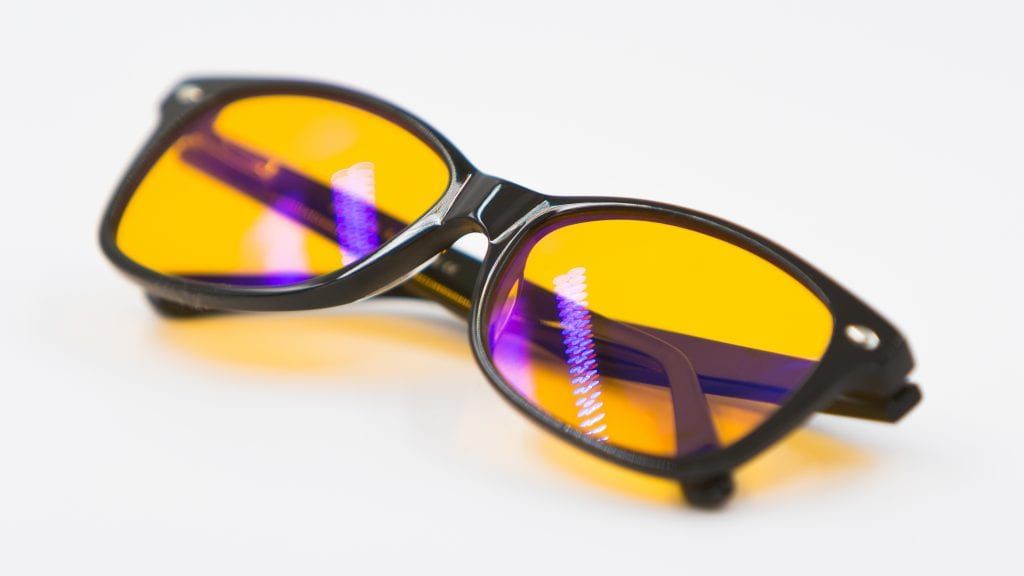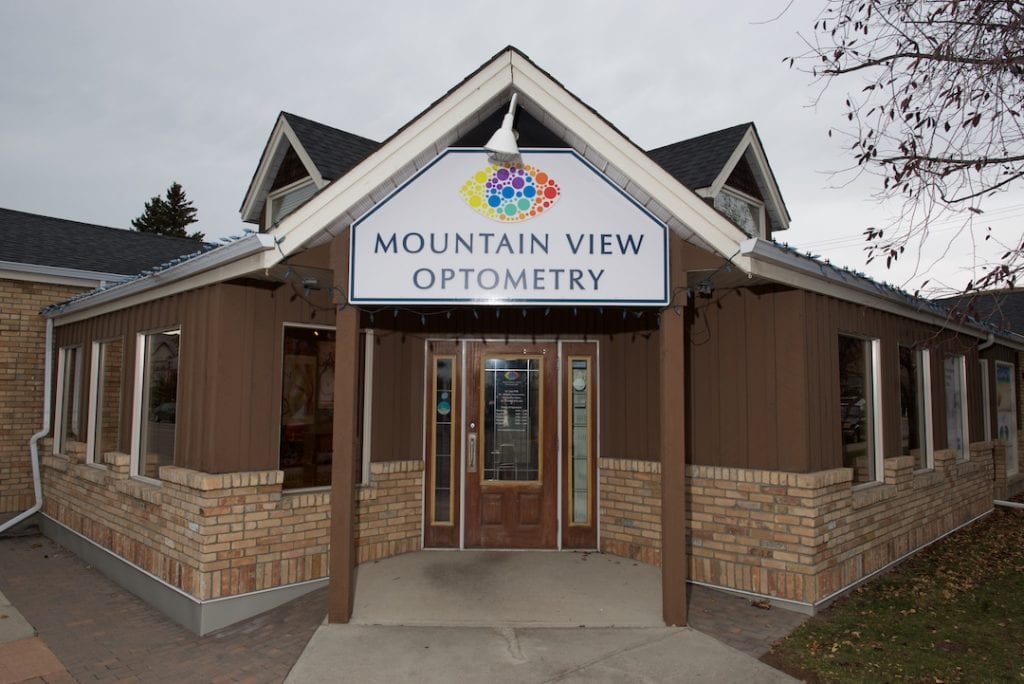New Paragraph
Blue Light & Screens Insights

Concerns about “blue light” have risen with the amount of exposure to electronic screens – computers, phones, and tablets. “Blue light” is a type of light emitted by digital devices but is also produced by sunlight. It’s close to UV (ultraviolet) in wavelength, which is known to cause harmful effects like cataracts and macular degeneration.
Unlock the truth about blue light exposure. Dive into our informative vlog to safeguard your eyes and find balance in a digital world.









